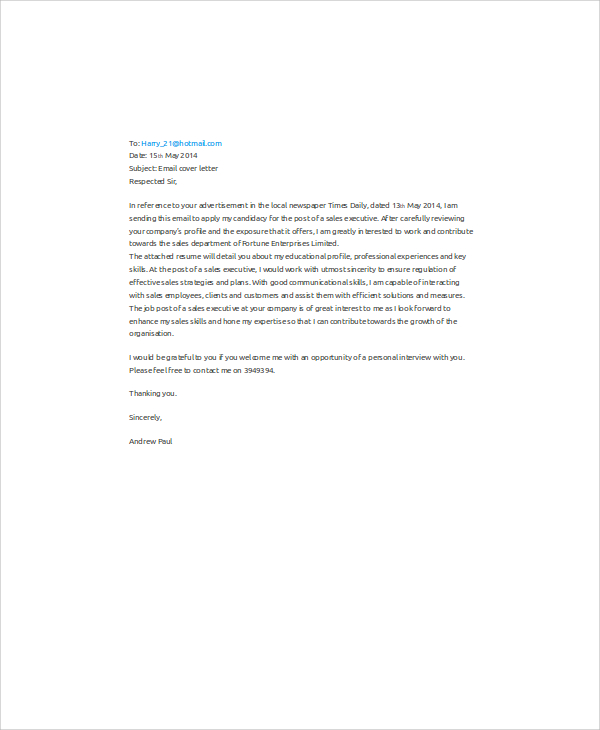
You can send an email or a LinkedIn message “asking a smart question about the job.” That way you can start your letter by referencing the interaction. If at all possible, reach out to the hiring manager or someone else you know at the company before writing your cover letter, advises Lees. “If it’s a creative agency, like a design shop, you might take more risks, but if it’s a more conservative organization, like a bank, you may hold back.” “Think about the culture of the organization you’re applying to,” advises Glickman. It’ll also help you decide on the right tone. This research will help you customize your cover letter, since you shouldn’t send a generic one. Of course, you should carefully read the job description, but also peruse the company’s website, its executives’ Twitter feeds, and employee profiles on LinkedIn.

Do your research first.īefore you start writing, find out more about the company and the specific job you want. Still, as anyone who’s ever written a cover letter knows, it’s not easy to do well. “It’s your best chance of getting the attention of the HR person or hiring manager and an important opportunity to distinguish yourself from everyone else.” And in a tight job market, setting yourself apart is critical, says John Lees, a UK-based career strategist and author of Knockout CV. Sure, there will be times when you’re submitting an application online and you may not be able to include one, but whenever possible, send one, says Jodi Glickman, a communications expert and author of Great on the Job.


Do you even need one, especially if you’re applying through an online system? What the Experts Say There’s so much conflicting advice out there, it’s hard to know where to start.

For many, the most challenging part of the process is writing an effective cover letter. Scouring through online job listings, spiffing up your résumé, prepping for grueling interviews - none of it is fun.


 0 kommentar(er)
0 kommentar(er)
